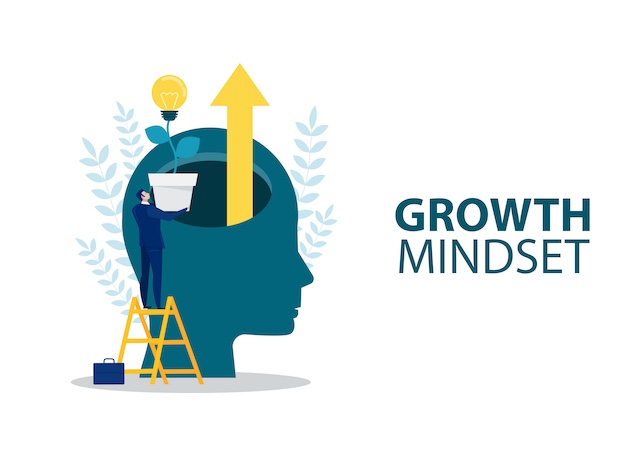Success isn’t just about having the right skills or resources—it’s about having the right mindset. Individuals who embrace a growth mindset continuously learn, adapt, and push past challenges, while those stuck in a fixed mindset risk stagnation and decline. It fuels innovation, resilience, and long-term success. In this article, we’ll explore how shifting your perspective can determine whether your life flourishes or not.
How Mindset Shapes Success or Failure
The way we think plays a crucial role in determining our success. Even ancient wisdom acknowledges this. King Solomon once said, “Be careful how you think; your life is shaped by your thoughts” (Proverbs 4:23, GNT). This insight is still relevant today, as our thoughts influence our actions and ultimately define our reality.
Fixed vs. Growth Mindset
Stanford psychologist Carol Dweck introduced the concepts of the “fixed mindset” and the “growth mindset” in her book, Mindset: The New Psychology of Success. The two are quite different:
- Fixed mindset assumes that intelligence and abilities are set in stone and cannot be changed.
- Growth mindset embraces the idea that skills and intelligence can be developed through dedication, learning, and effort.
Dweck’s research found that people with a fixed mindset often avoid challenges and give up easily, while those with a growth mindset are more likely to persevere and see failures as stepping stones to success.
A common misconception is that a growth mindset is all about effort. While effort is essential, true growth also involves:
- Learning from failures instead of fearing them.
- Viewing challenges as opportunities rather than threats.
- Developing new strategies to overcome obstacles.
- Believing in continuous self-improvement through practice and learning.
Why a Growth Mindset Matters in Life
Here are several key advantages:
- Turning failures into lessons – Instead of seeing failure as the end, they use it as a learning experience.
- Improved focus and efficiency – They prioritize time and energy on things that drive success.
- Embracing challenges – They seek out challenges, using them to build new skills and expertise.
- Encouraging innovation – They remain open to new ideas and creative solutions that drive progress.
Shifting to a growth mindset takes effort, both on an individual and organizational level. It requires a commitment to learning, resilience, and continuous improvement.






































Discussion about this post